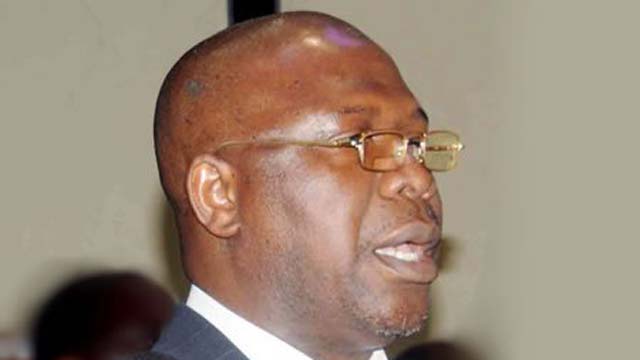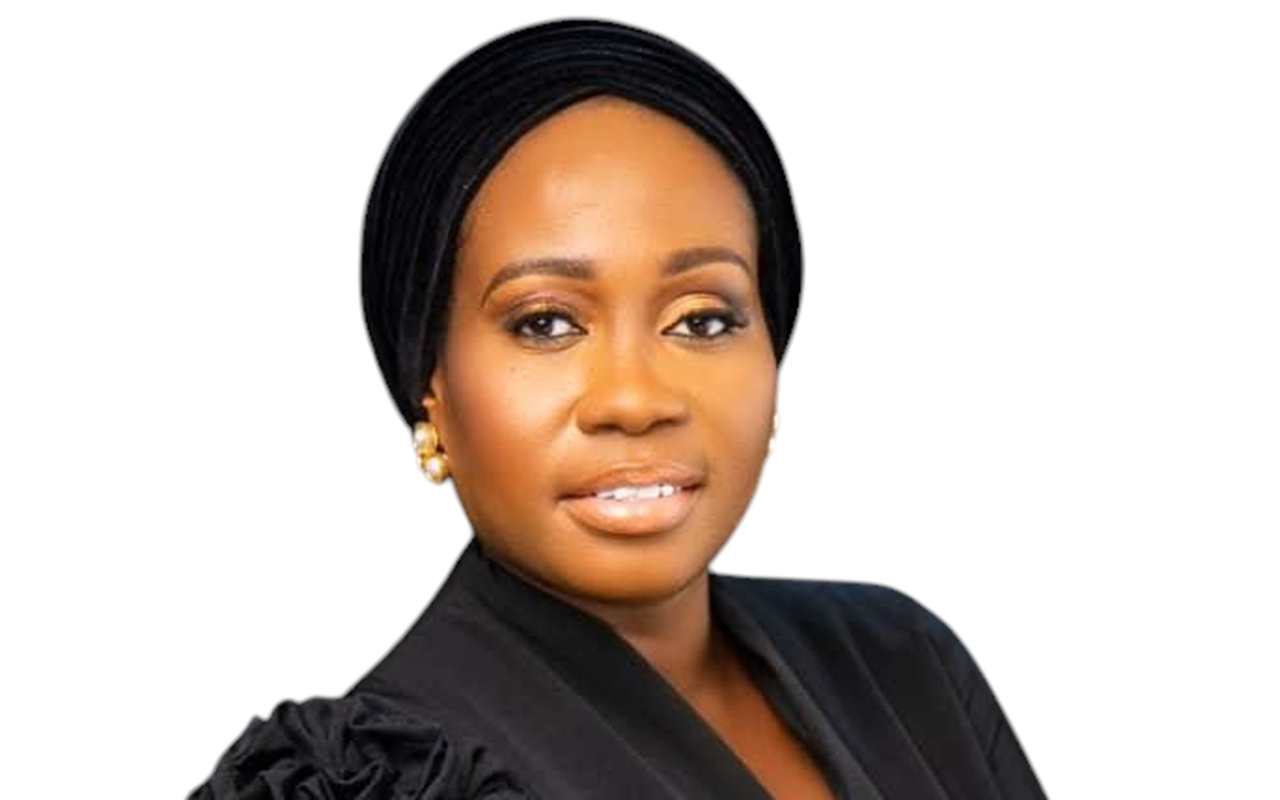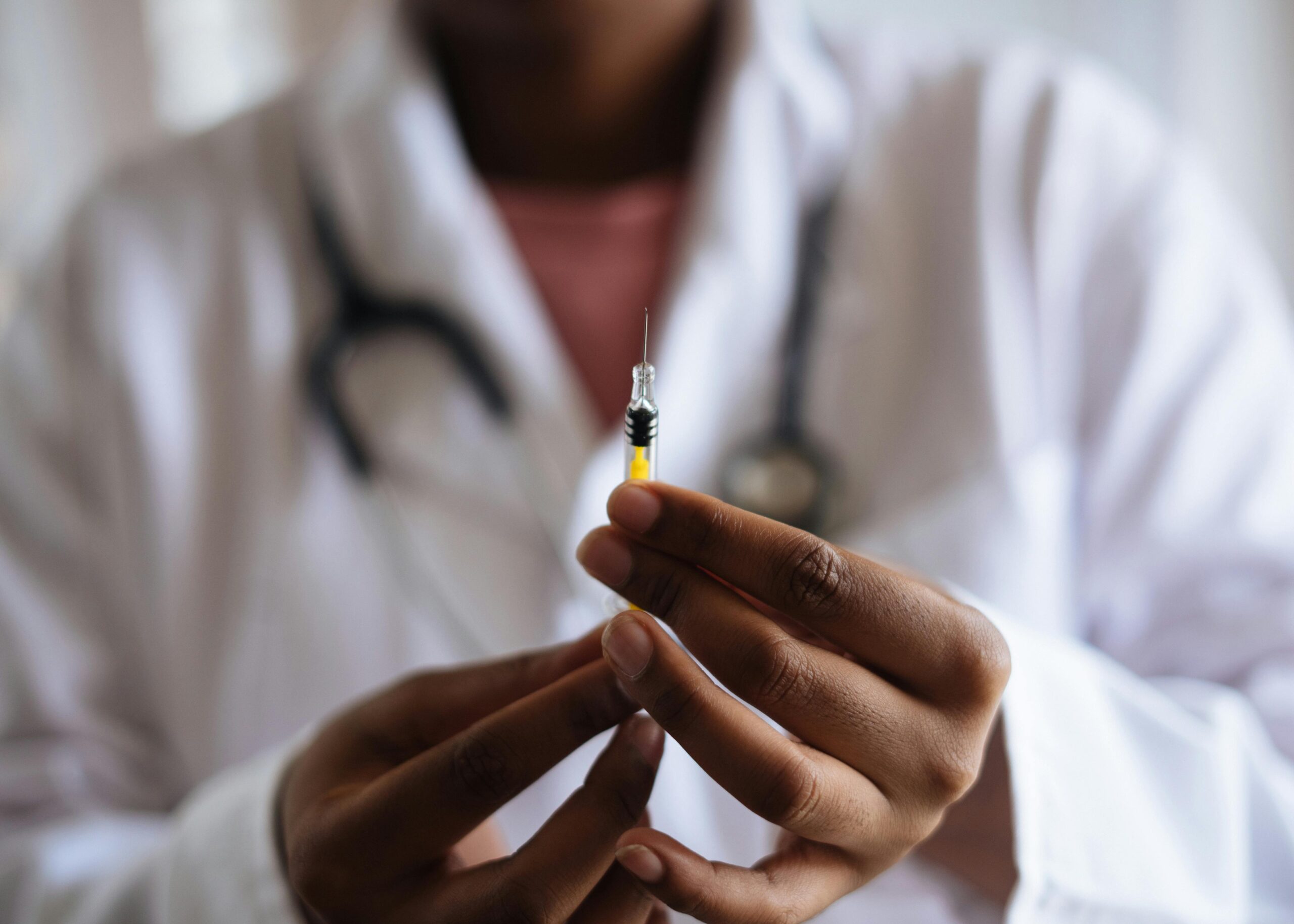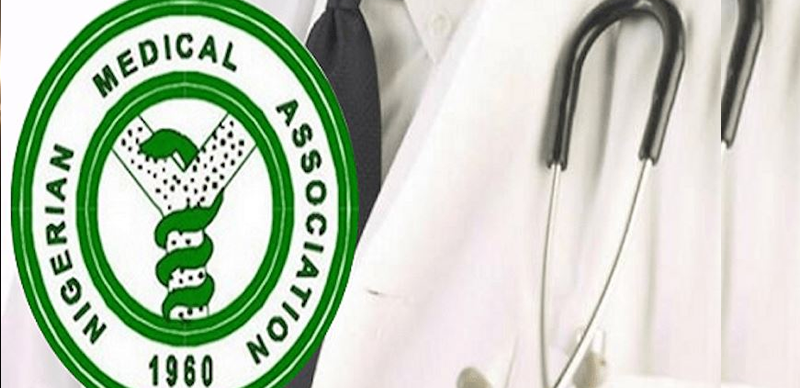Prof. Babatunde Salako is the Director General and Chief Executive Officer of the Nigerian Institute for Medical Research (NIMR) Yaba, Lagos. Salako in this interview with The Guardian said the institute has started a free drive-in testing programme for the novel coronavirus (Covid-19) targeting only those at high risk of contracting the virus. He predicted that Nigeria would experience a surge in the number of confirmed cases soon because they are doing more testing; those who are hiding are now coming out; effective contact tracing is being done by the Nigeria Centre for Disease Control (NCDC) on daily basis; and more awareness is also being created. The professor of medicine also among other things said the institute is currently planning a nationwide trial on the efficacy of chloroquine and hydroxylchloroquine among positive patients. CHUKWUMA MUANYA writes. Excerpts:
Our investigation revealed that the country has low testing capacity and has tested less than 31 per cent of people that have been exposed to COVID-19. What is NIMR doing to address this since it is part of the institute’s mandate?
The NCDC has criteria for testing so we are not testing everyone who wants the test. Rather, we are testing only those who fall into the categories of case definition. Yes, this may look like we are not testing enough, but we are targeting those who are at high risk of contracting the disease. Since our resources are limited, we must save for the rainy day. I hope we will not get to that.
NIMR is currently conducting a drive-in and get-tested for free if you fit into the group that should be tested. All you need to do is to visit our website and book an appointment and you will be invited if we find you eligible for the test. About 100 people have shown up out of the 120 invited in the last three days. The appointment is time-based so it is not crowded at all and samples are taken while you sit in your car. You are less likely to see the person in front of you or at the back. I must say that this is being sponsored by Sterling Bank, UTL Trust and Daystar Christian Church, in collaboration with LifeBank who is raising the fund on our behalf. We need more support from well-meaning Nigerians and organisations.
I had told you that as an institute for medical research we should be concerned about such outbreaks. Our institute, apart from joining the NCDC in looking at surveillance and helping to do laboratory tests on samples that are sent to us, we also need to provide information on the symptoms of the disease, the people who have the disease, how do they present and things like that. That will mean that when we see people who have the infection, we interview them and document the findings in as many people as possible because that may provide opportunity for clinical diagnosis and the lab can then later confirm.
In the past two years we have been building a tissue culture lab, which is a lab where we can grow viruses especially arboviruses.
I told you in February that we would be able to screen patients for coronavirus. We do have some state-of-the-art equipment that we can use to prepare the diagnosis and the last bit of it, which may have to do with the sequencing of the virus may have to be sent out for now. We have a sequencer that can actually do that but we need a modern one that is called next generation sequencer, which is something that we hope to acquire in the course of this year. Last year we sent three of our researchers to China CDC for three months to learn the art and skills and research of pathogen identification, especially viruses. So this knowledge is with them. We also have about two of them who went for another two weeks course. Two people also went to Institute Pasteur in Senegal, a WHO Regional lab, which is where Nigeria often sends samples to during outbreaks and they spent about two weeks. All of these are to prepare the capacity of the institute to assist public health institution in making detection of pathogens during outbreak of any area of interest of researchers.
What type of test is NIMR doing? Is it rapid kit test or the same type being conducted by NCDC?
We are using the NCDC kits and the BGI kit used by China Centre for Disease Control (CDC). Not a rapid kit.
Though the test is subsidised and free, what is the actual cost of testing one person and how many hours does it take to get the result?
Well I don’t know how much, what I know is that you have to consider cost of kits, swab sticks, viral transport medium, cost of Personal Protective Equipment (PPE) materials, reagent for a real-time polymerase chain reaction (real-time PCR), also known as quantitative polymerase chain reaction (qPCR), which is a laboratory technique of molecular biology based on the polymerase chain reaction (PCR) and the medical expertise. With a business model in private sector you will be looking at $60-70. Average of about N25, 000.
Predictive models show that the country may have up to 665 cases by April 14. What is your take on this?
This is like forecasting by mathematical model and could be used to prepare for the expected surge. However, I believe we are getting more cases because we are doing more testing and those who are hiding are now coming out. Moreso effective contact tracing is being done by NCDC on a daily basis; more awareness is also being created. I believe States that are yet to have any case should begin to prepare and get ready as if they have their first case two days ago. They should not wait for the case to appear before starting to run around in a confusing manner. They should establish their own diagnostic laboratory at least in every State for now. NCDC will be happy to train them and help to set them up. Massive advertisement of prevention strategies should continue in those States and everywhere in the country.
Does the country have the capacity to isolate and treat up to 6,650 COVID-19 positive patients?
I am not sure we do, but makeshift isolation centres will spring up if need be, that is why I said all States should be getting ready. Health workforce will be a challenge and this why we all need to obey government rules concerning social distancing and lockdowns.
Another concern is the shortage of personal protective equipment and ventilators. Does NIMR have solution to this?
We are not a ventilator-producing outfit but we are currently helping in the production of sanitisers, viral transport mediums both of which are currently in inadequate supply. I believe some items of the PPE may be produced in Nigeria and I advise that such companies should indicate their expertise to the Presidential Task Force on Covid-19.
Chloroquine is being used all over the world now to treat the virus. Are you doing any clinical trials on it and what is NIMR’s position?
Yes, we currently planning a nationwide trial on the efficacy of chloroquine and hydroxylchloroquine among positive patients and their controls, but we are collaborating with the Lagos State Government to kickstart this. Funding is still an issue though. As I speak, the former Governor of Lagos State and current Minister of Works, Babatunde Raji Fashola, is helping to get some funds for us. Apologies, as I do not know if he is happy for me to mention this. I, however, believe this may encourage others who are planning to help in this circumstance. Fashola is the chairman of NIMR Research Foundation, which we recently registered with the Corporate Affairs Commission.
Another concern is that of health workers who are at the frontlines. They are exposed to the virus and their mental health suffers. What is your position and take on this?
I believe healthcare workers need to be protected. So they need retracing at this time and they need to have PPE materials and other requirements to motivate them. There are one or two studies on prevention of infection in healthcare workers, which may need to be tried although some are still at investigative stage.
What are your recommendations on how best to contain the virus?
I believe the first step is early and adequate case detection, which helps to isolate people who may infect others and also create opportunities for them to be managed or followed and monitored closely. This may improve survival of infected people. We all must be ready to cooperate with government and NCDC by following their advice and rules. Lockdown will certainly produce economic and financial pressures and inconvenience on people; it is a sacrifice we all must make to protect our country. People above 65 years are advised to avoid staying away from crowds of more than 20, practice social distancing and other measures well known to prevent the disease. This is because it has been shown that they are more vulnerable and more likely to have reduced immunity and underlying diseases that may work in concert with COVID-19 to increase morbidity and mortality in them. They need to stay safe.
Are you convinced that the country can survive this pandemic and if yes or no, why?
Whatever that comes there will still be Nigeria, it’s those who will be left that we can say. I, however, believe that the measures that government is putting in place are capable of reducing the effect of the pandemic on our people even in our present circumstance. A lot depends on individuals to embrace preventive methods and for those who are positive not to deliberately spread the disease. It is a duty we owe ourselves.
I heard you are partnering with some hospitals?
As a research institute, we should have a hospital where our research patients attend, where we will do our clinical trials on drugs, on diagnostic devices. We should have a hospital. But we don’t have. We have a clinic. We think that for us to be able to perform our duties appropriately we needed a hospital. So we approached the management of Federal Medical Centre (FMC) Ebute Meta, Lagos and asked them to go into a Memorandum of Understanding (MoU) with us to be our research hospital, which we have done. Although it is still at its teething stage but we are already working together. Last year from our budget we created a clinical trial field in Ijede and we have done their census demography for them.
We know the number of houses, we know the people living there, and we know their ages. We are doing malaria surveillance there now. But it is a field where we can do vaccine trial and do some other clinical trails if we want. So we have bought an ambulance, which we can use if we detect anything on the field and we needed to bring the patient from the field for observation. So we bought an ambulance that we transferred to FMC and that sealed our collaboration and now if we work on the field the ambulance will be moving to and fro.






